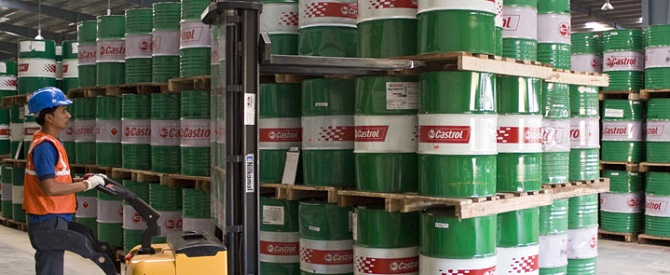Most bidders have withdrawn from buying Castrol, leaving the U.S.-based private equity firm One Rock Capital Partners in position to snap up the UK-based legacy lubricant company, Bloomberg reported. Even so, One Rock’s offer is not a done deal.
BP decided to sell off its lubricants unit after activist investor and stakeholder Elliott Management demanded cuts and management changes to the tune of U.S.$20 billion. BP hoped to raise $10 billion from the sale of Castrol alone.
Saudi Aramco, which at one point was touted to be a very likely suitor by numerous industry insiders Lube Report spoke to, dropped as did India’s Reliance Industries and several other North American investment firms.
“Aramco could have been an interesting owner as it would have given them a multi-brand approach that we’ve seen Shell use with the Shell, Pennzoil and Quaker State brands,” Mike McCabe, an industry marketing strategist and brand management consultant, told Lube Report. “I also thought Reliance was an interesting one as Castrol is so strong in India. It was the first international location they opened in.”
Bloomberg reported that previous bids have been well short of the target, which a senior energy analyst at Bloomberg Intelligence said BP was unlikely to reach.
“Castrol I’d say is the most profitable lubricants company by unit margin,” Jan Trocki, a veteran industry consultant who focuses on brand management, told Lube Report. “The thing is, over recent years they tried to reduce B2B business and focus on consumers. So industrial, heavy duty, was pared back. And yet with EV shift, it’s the consumer side that will reduce.”
McCabe agreed that reliance on automotive could also be a concern for buyers.
“Many companies are shifting their focus towards industrial and whilst Castrol’s Industrial is very well regarded around the world, the brand is so strongly linked with automotive I wonder if this could be impacting how they are perceived,” he said.
Despite being a world-famous brand, Castrol is not integrated into the supply chain unlike competitors Chevron, Shell and ExxonMobil, which all produce base oil and additives, which maybe perceived as a disadvantage.
“The company see that as an advantage, however, giving them the freedom to use the best suppliers and optimize purchasing,” Trocki said.
(This article was updated to clarify bidders that have withdrawn.)
